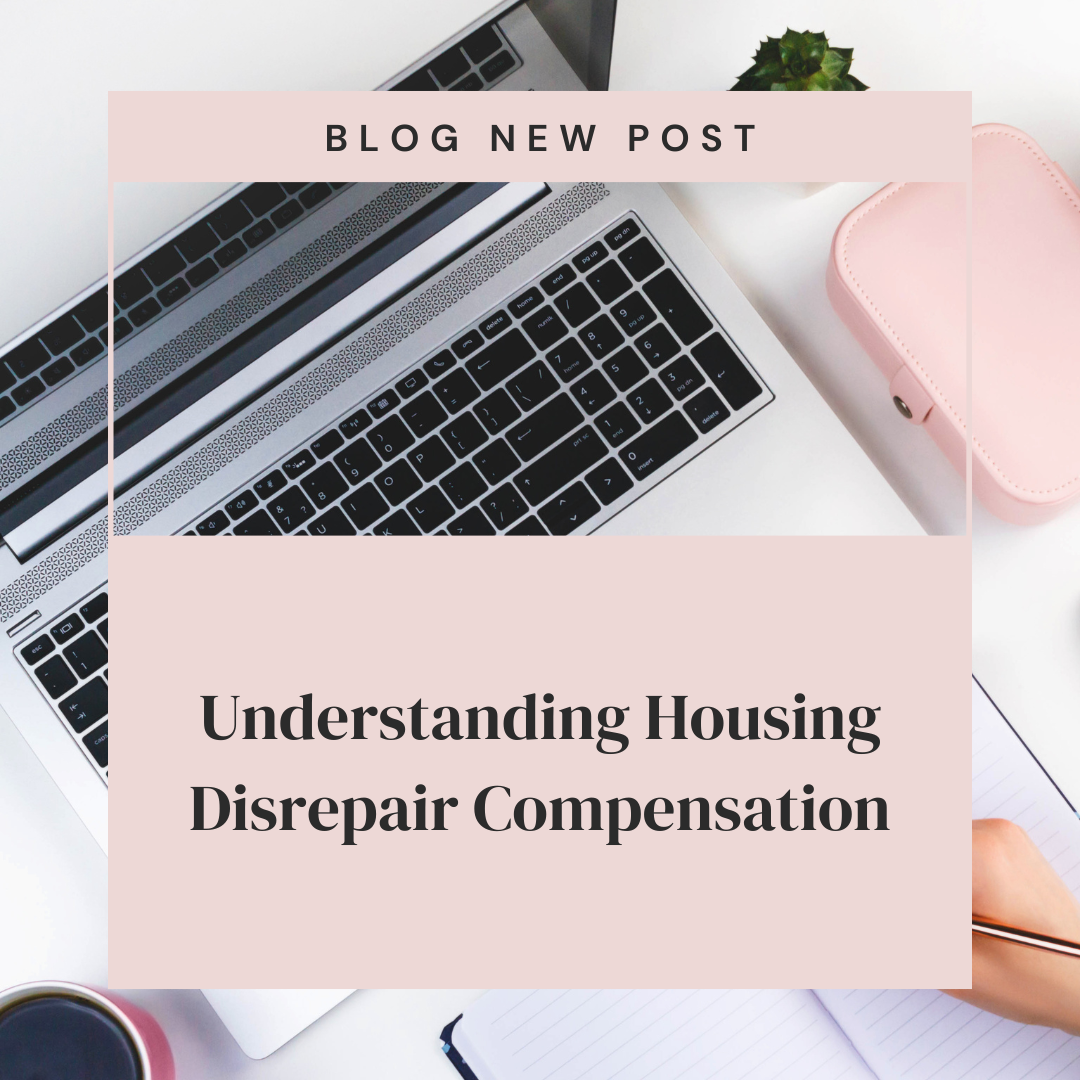Understanding Housing Disrepair Compensation: Evaluating the Worth
Introduction:
When it comes to housing, an essential aspect that cannot be overlooked is the quality and maintenance of the property. Unfortunately, some tenants find themselves living in properties with significant disrepair issues that impact their health, well-being, and overall quality of life. To address such concerns, housing disrepair compensation exists to help affected tenants seek justice and appropriate remedies. In this blog post, we delve into the factors that determine the compensation amount for housing disrepair cases.
1. Assessing the Extent of Disrepair:
Compensation for housing disrepair heavily relies on the severity of issues within the property. This typically includes faults such as dampness, pest infestations, faulty plumbing or electrical systems, leaks, and structural weaknesses. The greater the impact of these issues on the tenant’s daily life, the stronger the compensation claim becomes.
2. Considering the Impact on Health and Well-being:
Housing disrepair can significantly affect your health and well-being. If you have been exposed to mold, dampness, or any other hazardous conditions, resulting in health problems, it strengthens your claim for compensation. Additionally, if you have suffered from mental distress, inconvenience, or related issues, this would also be taken into account to determine the final compensation amount.
3. Financial Losses and Associated Costs:
In housing disrepair cases, compensation is not limited to property repairs alone. The financial losses and expenses incurred by the tenant due to the landlord’s negligence are also carefully evaluated. This may encompass costs associated with temporary accommodation, medical bills, damaged belongings, or additional expenses accrued as a result of the housing disrepair.
4. Valuing Emotional Distress:
The emotional distress caused by living in substandard housing conditions also plays a vital role in determining compensation. Emotional distress includes anxiety, stress, disruption to daily life, and the psychological impact of the situation. While valuing emotional distress can be subjective, legal professionals work closely with the tenant to ensure fair and just compensation is provided.
Conclusion: Understanding Housing Disrepair Compensation
Housing disrepair compensation varies from case to case, as it depends on various factors including the severity of issues, health impact, financial losses, and emotional distress caused. Evaluating all these aspects ensures a fair and adequate compensation amount, which aims to rectify the tenant’s suffering and provide the means for necessary repairs or relocation. Seeking legal advice from professionals specializing in housing disrepair cases is crucial to navigate the legal complexities and ensure a successful compensation claim.
Remember, if you find yourself living in substandard housing conditions, you have the right to seek compensation. Don’t hesitate to take action for your health, well-being, and rights as a tenant.
Important links
Housing Disrepair Advice: https://housingdisrepairadvice.org/contact
Housing Ombudsman: https://www.housing-ombudsman.org.uk/
